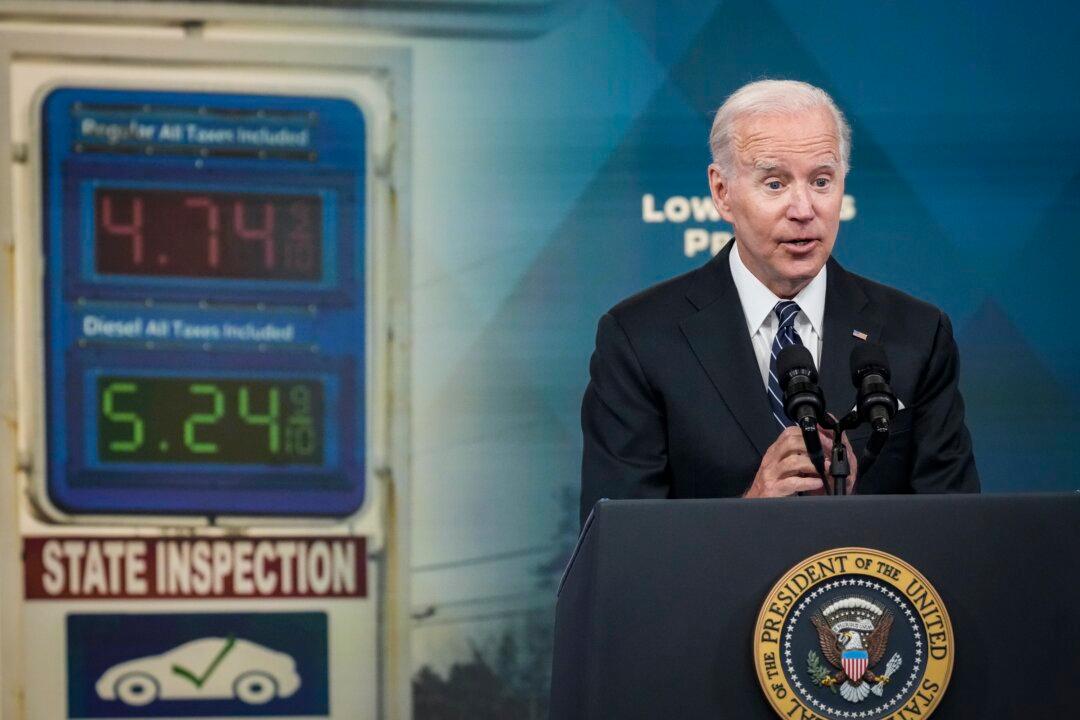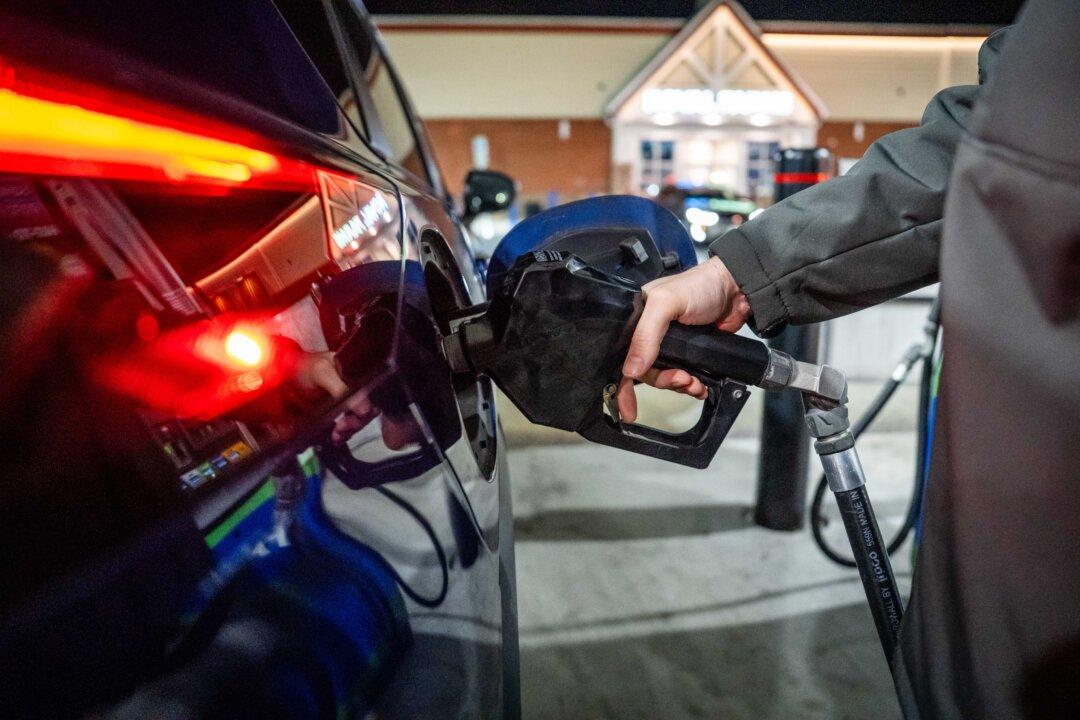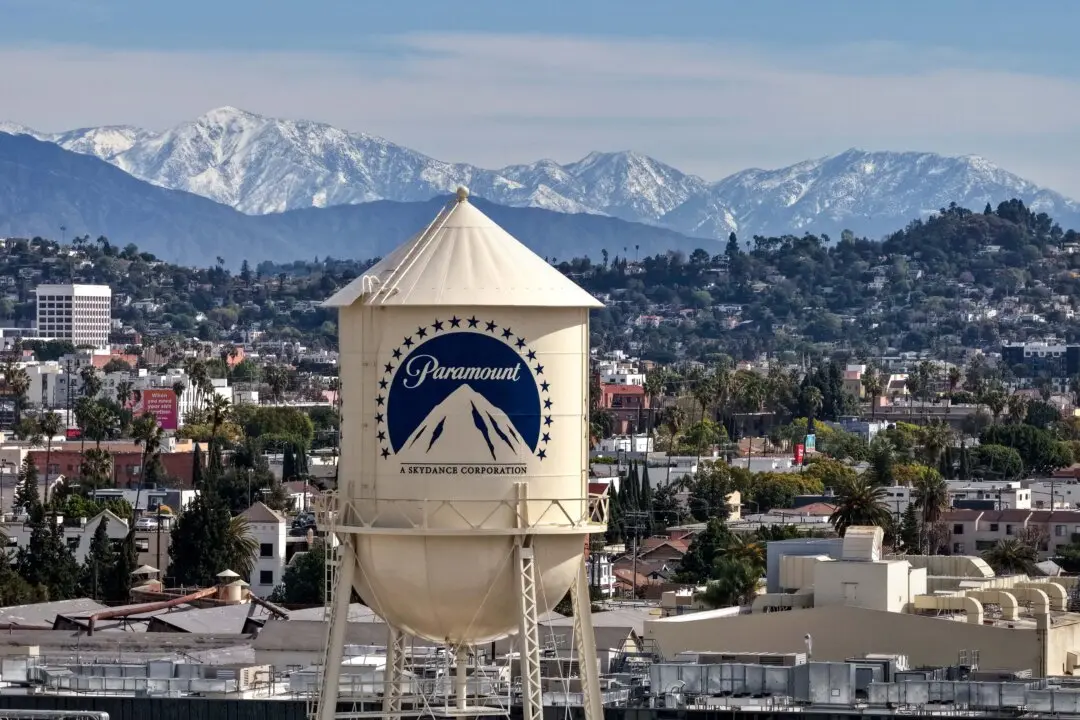President Joe Biden officially endorsed a suspension of federal and state taxes on gasoline and diesel on June 22.
Speaking at the White House, Biden urged Congress to temporarily lift the 18.4-cent-per-gallon federal tax on gasoline and 24.4-cent-per-gallon levy on diesel for three months, effective until the end of September.





